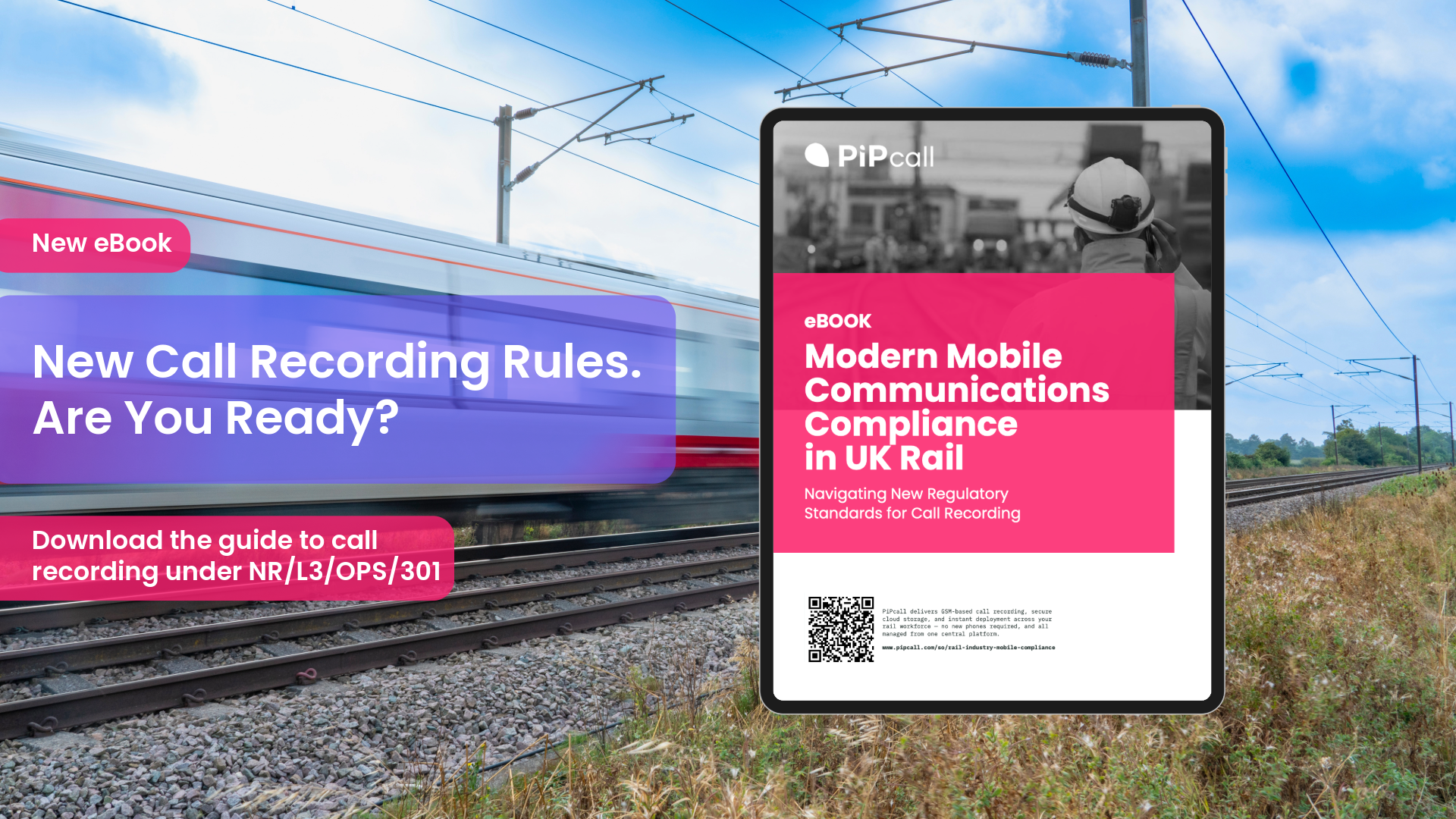Today, businesses in the UK need mobile connectivity to stay competitive.
Choosing the right SIM plan is a key part of ensuring seamless operations. UK firms have a variety of choices to match their requirements, from IoT device-exclusive data plans to voice and data plans for staff members.
In this article, we explore the different business SIM plans available and offer advice on selecting the most appropriate ones for your company.
Overview of Business SIM Plans: Data-Only, Voice-and-Data, and IoT-Specific
Business SIM plans in the UK fall into several categories, each designed to cater to specific communication needs:
Data-Only Plans: These plans are ideal for businesses that need devices to access the internet or cloud services without voice functionality. Data-only SIMs are commonly used in tablets, laptops, and IoT (Internet of Things) devices such as smart meters or asset trackers. These plans provide mobile data but don’t support traditional phone calls or texts.
Example: A utility company using IoT devices for remote monitoring might use data-only SIMs to connect smart sensors that track energy usage.
Voice-and-Data Plans: These SIMs offer the best of both worlds, providing mobile data along with voice and text services. Voice-and-data plans are ideal for employees who need to stay connected with colleagues and clients while on the move.
These are the most common business SIM plans. They help employees handle calls, emails, and other data easily.
Example: A sales team that frequently travels to client sites will benefit from a voice-and-data plan, enabling them to make calls and access cloud-based CRM systems on the go.
IoT-Specific Plans: These SIMs are designed for businesses deploying a large number of IoT devices. IoT-specific SIMs can support everything from GPS tracking for logistics fleets to environmental sensors in agriculture. These plans usually have special pricing and tools for managing data. They are made for devices that send small data but need to stay connected all the time.
Example: A logistics company that tracks its vehicles in real-time might use IoT-specific SIMs to ensure every device stays connected across different regions.
The Top Four Factors to Consider When Choosing a Plan

Choosing the right business SIM plan depends on several factors:
Data Usage: Consider how much data your business needs.
If your workers often use cloud apps or make video calls, you should get a plan with more data.
For IoT devices that only transmit small amounts of data, a more modest data plan would suffice.
Number of Employees: Larger companies with many employees might benefit from multi-SIM plans that allow you to manage multiple users under one contract. This can reduce administrative overheads and provide cost savings.
International Needs: If your business has workers who often travel or work in other countries, you need international SIM cards or plans with good roaming options.
These plans help businesses avoid expensive roaming fees while keeping employees connected globally.
Mobile Coverage: In the UK, mobile coverage varies by provider. Ensuring your employees have reliable connectivity means choosing the right network for their region. Multi-network SIMs can help optimise signal strength across diverse locations.
By looking at these factors, businesses can choose the business mobile solutions that fits their needs. This helps them work better and save money.
Case Studies: Real-World Use of Different SIM Plans
Understanding how different SIM plans work in practice can help businesses make informed decisions. Here are two examples of companies using varied SIM solutions:
Case Study 1: Construction Firm with BYOD (Bring Your Own Device)
A UK-based construction company adopted a voice-and-data SIM plan for its employees working on multiple job sites. By choosing a plan that allowed each employee to use their own device (BYOD), the company saved money on mobile phone costs and increased flexibility. Employees could make calls, access project management apps, and stay connected while travelling between sites.
Case Study 2: Remote Monitoring with IoT SIMs
A renewable energy firm used data-only SIMs to monitor wind turbines located in remote areas across the UK. The data-only SIMs were installed in IoT sensors, which transmitted performance metrics to a central hub.
These SIMs provided steady connections in rural areas. This helped the company get real-time data without needing voice or text services.
Cost Management and Efficiency
Cost management is important when choosing a business SIM plan. By understanding how different plans impact on your operational budget, you can optimise mobile communications without overspending.
SIM-Only Plans: If a business has its own devices, SIM-only plans are a cheap option. These plans often come with lower monthly costs compared to those bundled with devices, and they provide flexibility to scale data usage as needed.
Multi-SIM Plans: For larger businesses, multi-SIM plans can offer substantial savings by consolidating multiple SIMs under a single contract. Providers like EE and Vodafone offer discounts based on the number of SIMs purchased, making it a smart choice for companies with large teams.
Roaming and International SIMs: Companies with international teams or employees who frequently travel should consider roaming or international SIM plans. These plans allow employees to stay connected without incurring hefty international roaming fees.
Pick a plan with set roaming rates or use eSIM to switch networks. This can help you save a lot of money.
Finding the Perfect SIM Plan for Your Business
Choosing the right business SIM plan involves looking closely at your company's needs. This includes how much data you use, how many employees you have, and any international needs.
From data-only SIMs for IoT devices to multi-SIM plans for large teams, the PiPcall offers a broad range of options for businesses. By carefully considering factors such as scalability, cost efficiency, and network coverage, businesses can ensure they stay connected and competitive, no matter where they operate.

.png)
.png)



